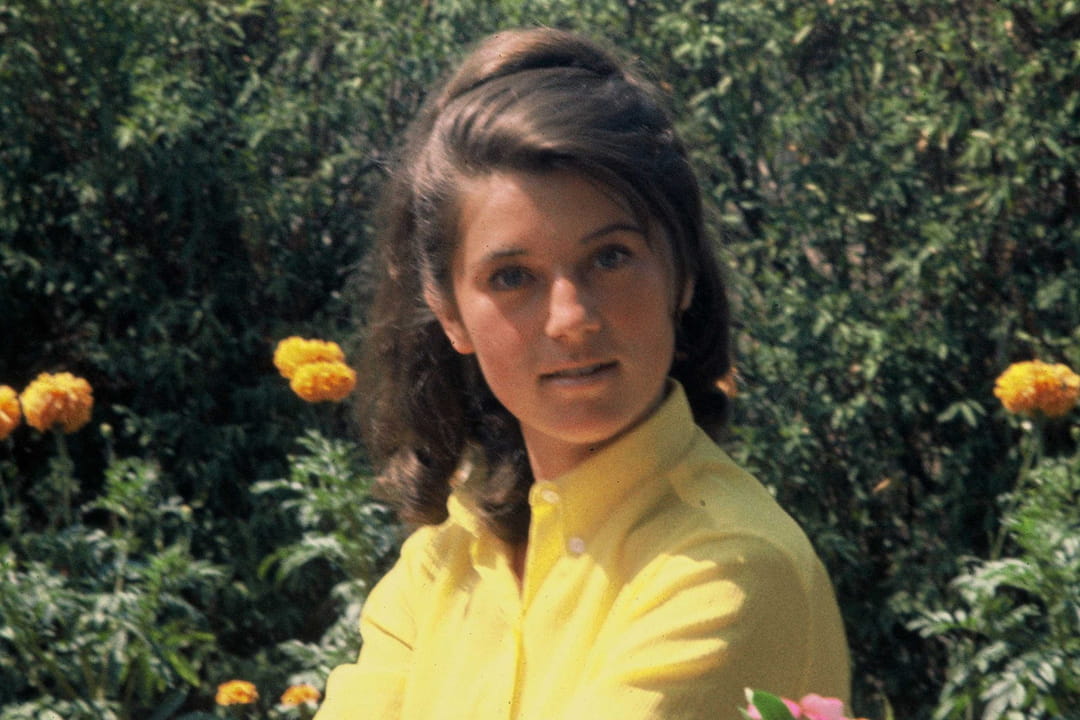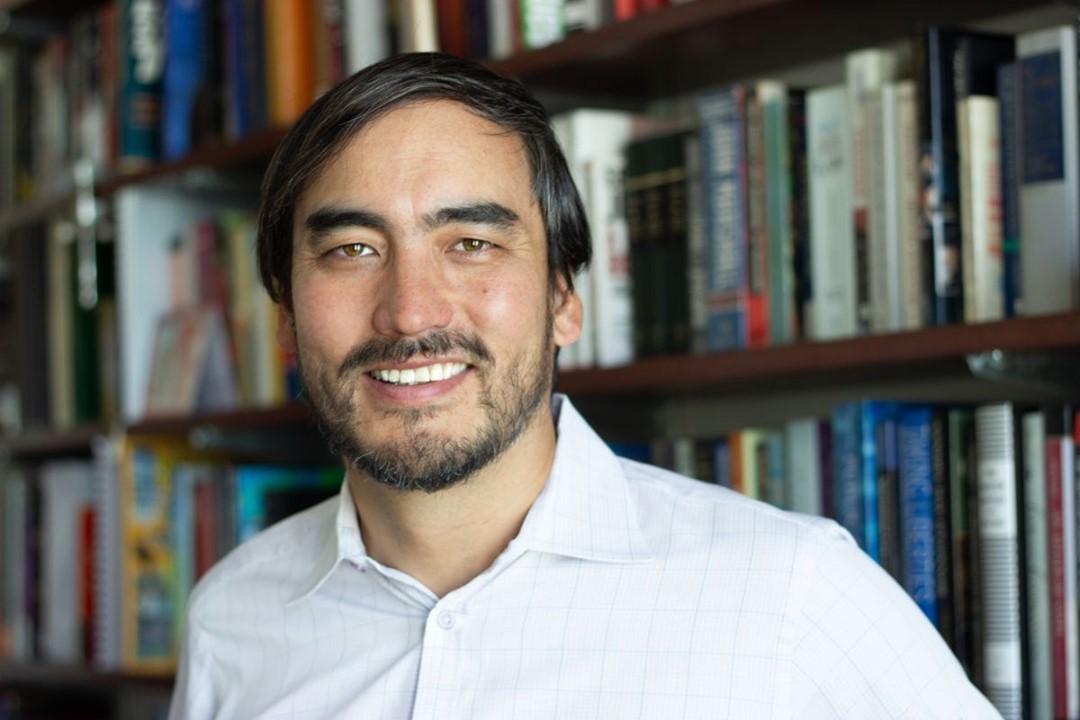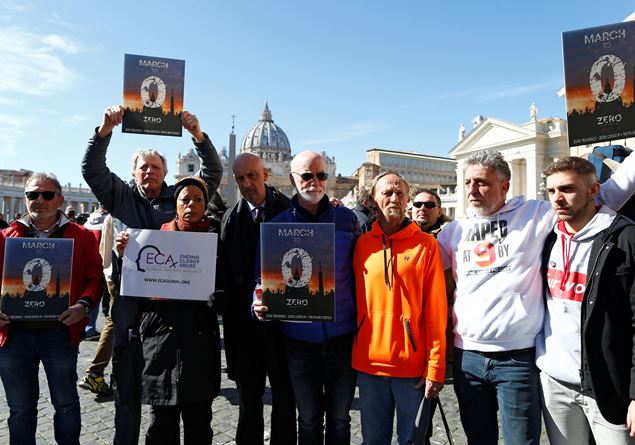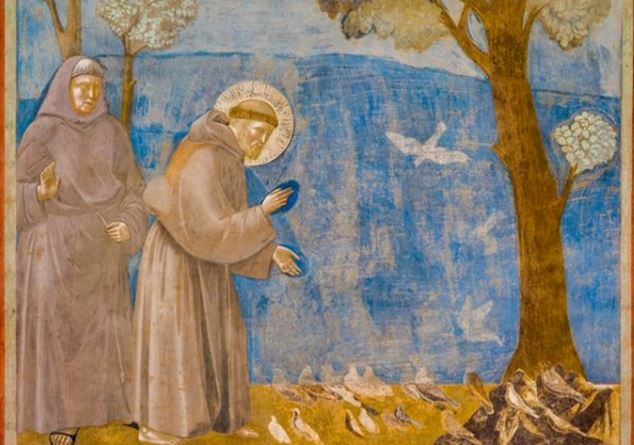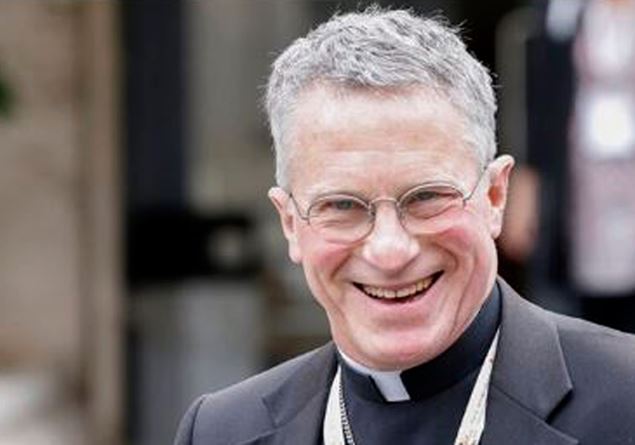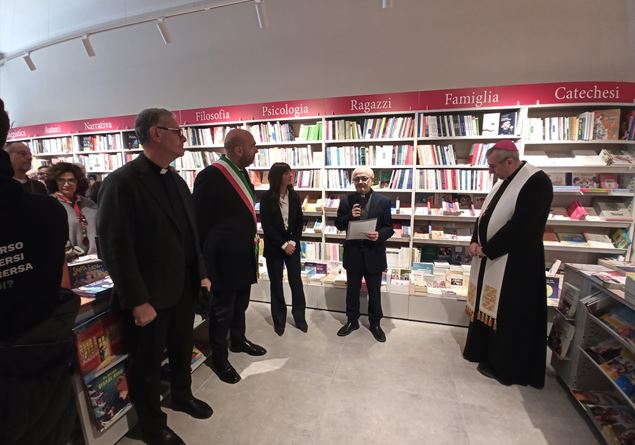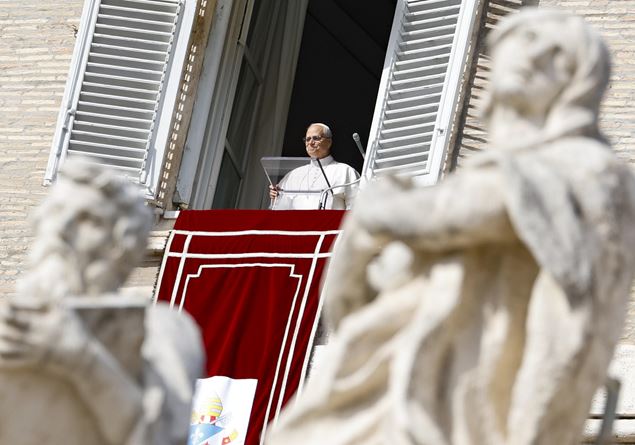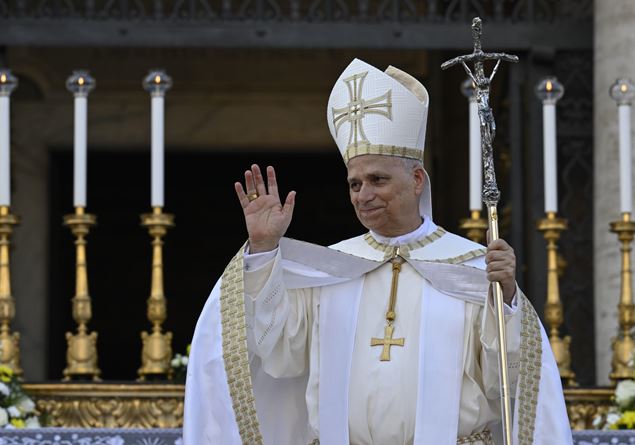We cannot know how Francesco would take him, who preached Humilitati, if he had imagined he found himself progenitor of a nascent, non -religious, non -Christian literature, literature and enough. For a long time no one has more doubts: the Canticle of creatures It is officially the first poetic text of Italian literature, without adjectives.
It is due, by linguistic priorities and literary dignity, in every anthology a first place in front of which St. Francis of Assisi would perhaps have been shielded, not imagining that he had also founded something different from a religious order, which also has value for those who do not have faithful eight centuries away. Its importance for Christianity is known, especially now that those verses have inspired the encyclical of a pope who has chosen not by chance to bear its name.
At 800 years since it was written, while the friars minor started the celebrations on 11 January 2025, we asked us to help us understand the flow rate for our culture a Pietro Gibellini, philologist, already ordinary of Italian literature in Ca ‘Foscari.
Professor, what confers to the Canticle This position?
«Meanwhile, the fact that these are the first text signed by a personality that is not a ghost, an anonymous. Secondly, which, before 1224, we only have poetry documents with an occasion of modest expressive value ».
Francesco De Sanctis, however, did not put him in the lead, why?
«As a man of the strongly secular Risorgimento, he started Italian literature from Contrast of Cielo d’Alcamo, text of love poetry of a jester whose little is known, because it believed it older than it is: in reality it is a popular text, of a cultured author who acts. Then a little weighed the mortgage of Benedetto Croce, so it was thought that prayer and poetry should live separate and distant rooms. But now nobody discusses the role of Canticle».
What should this consideration have to?
«Meanwhile, cultural importance. It is the first psalm in vulgar (in the sense of Italian language of the origins, descent from the Latin and already distinct from it, editor’s note): Francesco introduces the humble, alive, spoken language in the liturgy, in practice what Dante will do, but half a century in advance. It does so with a text of great expressive quality, much higher, at least for the modern sensitivity, to the model it was redone, that is, the psalms of Davide and the 148 in particular (which of Davide is not because he is later 5 centuries). The choice of the vulgar is the choice of humility: there is a journey from the sublime to the humble in the text which is formal, but also of meaning: it begins with the word Very high and ends with Humilitathumility. Francesco starts from the stars and arrives at the bottom, but gives the world a more synthetic vision than Psalm 148. It has as reference the laudationes Of the Psalms of the Old Testament, but the Beatitudes refer to the new: in the psalms there is never the praise of suffering. Francesco sings the praise to God for creation: all the more touching because he knows that the world is not eternal, but transeunte like human life, which however prepares for further beauty ».
The friars minors celebrate the 800 years in 2025, did you speak of 1224. A controversial date?
«According to ancient sources, Francesco composes him in his cell, infested with mice, tormented by physical evils, on a night of anguish at the end of which he experiences the certification, a vision of salvation, and weaves the praises. If 1224 is the date of composition, the completion comes later, close to the death that takes place in 1226 “.
(Interview exit on Famiglia Cristiana 2/2025)

